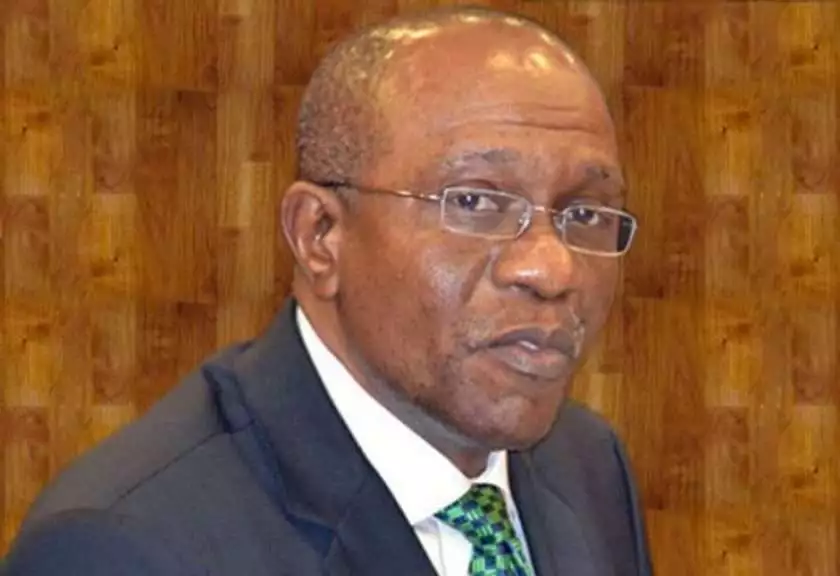The Central Bank of Nigeria, CBN has voted to retain the monetary policy rate at 11.5 percent. The decision was taken on Tuesday during its monthly monetary policy committee, MPC meeting.
It was the third time the Gdowin-Emefiele-led CBN has voted to keep the lending rate at 11. 5 per cent, even though monetary analysts had said before the meeting that no change should be expected on key monetary parameters.
Citing the current economic situation in the country as reason for its decision, Emefiele said the ongoing economic recovery is “still fragile” as more time is required for it to take of full throttle.
The apex bank governor, announced the committee’s decision on at the end of a two-day meeting at the CBN headquarters, adding that the committee also decided to retain the liquidity ratio at 30 percent and cash reserve ratio, CRR at 27.5 percent.
Figures from the recently released Q1 2021 GDP report show that the Nigerian economy grew 0.51 percent within the period from 0.11 percent in Q4 2020, due to improvement in the oil prices, Nigeria’s main stay, according to analysts who said the non-oil sector accounted for 90.75 percent of aggregate GDP in the first quarter of 2021, higher than its share in the first quarter of 2020, which was 90.50 percent, but lower than 94.13 percent recorded in the fourth quarter of 2020.
On the other hand, oil production rose to 1.72 million barrels per day in the first quarter from 1.56 million in the last quarter of 2020. This is lower than the average daily production of 2.07mbpd prior coronavirus pandemic period.
At the end of its first MPC meeting for the year Emefiele said the members agreed to “pursue its current stance of systematic synchronization of monetary and fiscal policy accommodation through its developmental finance initiatives. This is aimed at quickening the recovery process of the country’s economy.
“Although the economy is currently in a stagflation environment with simultaneous occurrence of inflationary pressures and contracting output, the MPC resolved to reverse both developments and continue pursuing price stability in growing the economy.”
Emefiele said that increasing the MPR will increase the cost of borrowing and reduce access to credit for businesses which he said might reverse the growth trend of the economy.
According to analysts, the CBN would still have to keep most of the monetary parameters constant for most part of the year until the economy fully recovered.
Discover more from The Source
Subscribe to get the latest posts sent to your email.








